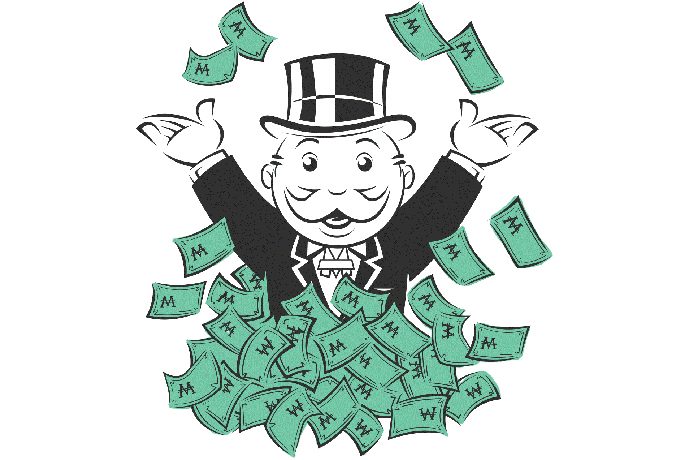(December 2017)
 Reckless tax policy enacted along party lines by pols over the objections of credentialed and independent economists as well as business owners and citizens? That's a lousy way to make decisions they will affect the lives of millions.
Reckless tax policy enacted along party lines by pols over the objections of credentialed and independent economists as well as business owners and citizens? That's a lousy way to make decisions they will affect the lives of millions.
In Washington? Not at all. Of course I'm talking about Philadelphia.
In Philadelphia, our tax policy continues to be a hopeless muddle of desperate revenue-generation initiatives and well-intentioned-but-often-counterproductive ideas. It is no coincidence that, in a city with high and unfair taxes on working-class residents and small-business owners, more than one in four residents lives in poverty and the city still lags competitor cities in terms of job creation and economic growth.
Again and again, Philadelphia lawmakers have enacted half-baked bills that are derided by experts and condemned by the testimony of citizens and community business owners. It is the worst of what we criticize about what is going on in Washington, but it routinely happens here in Philadelphia to the satisfaction of local politicians and often to the cheers of partisans who mistakenly believe the misguided policies are going to make things better.
Taxing Decisions
Philadelphia's tax structure has been analyzed and examined over and over and Philadelphians have crafted sensible tax policies in a series of Commissions and task forces and reports over decades. They have universally and forcefully concluded that Philadelphia taxes too much, that Philadelphia taxes the wrong things, and that Philadelphia taxes unfairly.
Philadelphia's tax burden is higher than other competitor cities and surrounding suburbs, which means we lose too many firms and families that factor their tax bills into their location decisions. While the vast majority of cities and localities generate most local revenues by taxing the value of place through a levy on real estate, Philadelphia taxes employee wages and the income and profits of local businesses, which takes money out of workers' pockets and encourages businesses to avoid the city. Taken as a whole, Philadelphia's mix of taxes and the administration of those taxes force lower-income Philadelphians to pay a higher effective tax burden than upper-income Philadelphians, which exacerbates the city's looming poverty problems.
The fundamental truth of every credentialed examination of Philadelphia taxation remains that the city must reduce its reliance on taxes on wages and business activities, increase reliance on the tax on commercial real estate, and administer taxation in a fair and accurate manner so as not to disproportionately impact the city's working-class.
But, despite so many clear blueprints for tax reform, Philadelphia's elected leaders have stumbled from budget crisis to budget crisis, groping for new ways to wring revenues from the citizens who can least afford to pay more. New local taxes on sales, cigarettes, and -- most recently -- soda represent righteous-minded-but-regressive ways to generate budget cash. With each new bad tax decision, Philadelphia lags in economic development and crushing poverty endures.
Tax And Mend
The tax scheme advanced by the Republican Congress in Washington is disgraceful policy as a result of a distasteful process. In this enlightened information age, there is no excuse for decision making that is such an affront to transparency and common sense. But Philadelphians can look no further than City Hall to find tax policy that makes no sense as the wrong way to raise city dollars.
Next time you hear "pols enact policy over the objection of experts," and shake your heads about our Congress in Washington, remember, that it is our leaders in Philadelphia who have done this time and time again.
I join the chorus that is thinking globally (or at least nationally) in condemning the tax-policy fraud that will be considered next week in Washington. I also urge us all to act locally to make our leaders rationalize Philadelphia's tax structure to help us attract and retain the neighbors and jobs that can make our city thrive.
 Reckless tax policy enacted along party lines by pols over the objections of credentialed and independent economists as well as business owners and citizens? That's a lousy way to make decisions they will affect the lives of millions.
Reckless tax policy enacted along party lines by pols over the objections of credentialed and independent economists as well as business owners and citizens? That's a lousy way to make decisions they will affect the lives of millions.